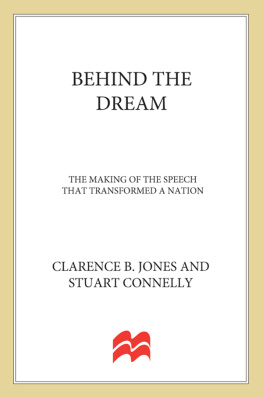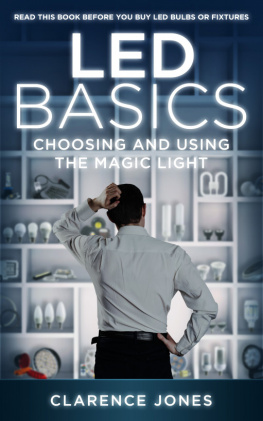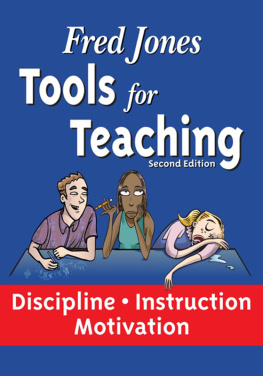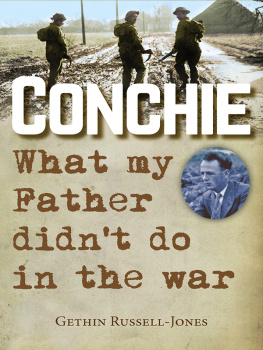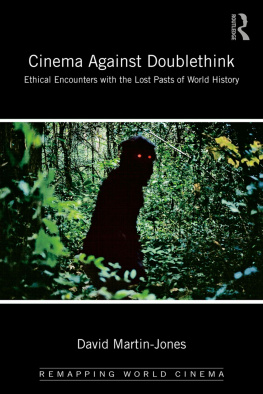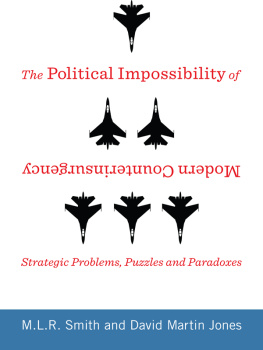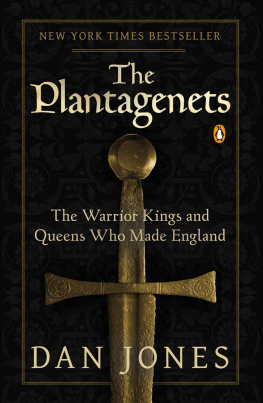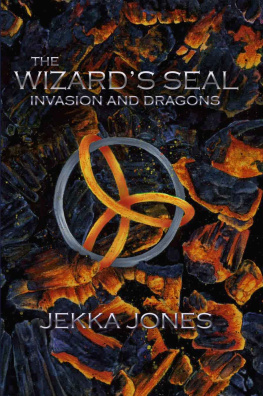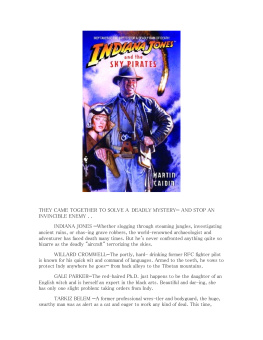Clarence B. Jones and Joel Engel
CLARENCE JONES
This book is dedicated to Martin Luther King Jr. and
Stanley Levison, and to those deceased and living members of
Martins advisory research committee: Bayard Rustin,
Cleveland Robinson, Ralph Helstein, Vincent Harding,
Andy Young, Walter Fauntroy, David Livingston,
Harry Wachtel, and Professor Lawrence Reddick.
JOEL ENGEL
To Jeffrey Steinberg, the kind of friend everyone
hopes to have in this lifeand the kind of physician
everyone deserves.
In the history of nearly all other races and peoples the doctrine preached at such crises has been that manly self-respect is worth more than lands and houses, and that a people who voluntarily surrender such respect, or cease striving for it, are not worth civilizing.
W. E. B. Du Bois,
The Souls of Black Folk , 1903
IN OCTOBER 2007, WHILE IN MEMPHIS, TENNESSEE , I stopped to visit the National Civil Rights Museum. It encompasses the site of the former Lorraine Hotel where Martin Luther King was staying in room 206 on April 4, 1968, as well as the building across the street where his assassin, James Earl Ray, used a telescopic sight to fire the rifle bullet that ended Martins life.
Leaning out on the balcony through a glass partition outside of room 206, where my friend Martin had been standing that fateful day, I observed an unending stream of visitors from across the nation and around the world. My host and guide, Reverend Samuel Billy Kyles, had spent what turned out to be Martins last hour with him and had, in fact, been standing right there where we were now, on the balcony, when the shot rang out.
Brother Kyles and I talked about Martins impact on the world and agreed that there was no real way to measure it properly, though he did note how many Nobel Peace Prize laureates had joined countless thousands of other well-wishers to pay tribute at this site: Lech Walesa, Desmond Tutu, Oscar Arias Snchez, Mikhail Gorbachev, and Nelson Mandela.
What grabbed me most was Rev. Kyles description of how Mandela had wept as he stood on the spot where Martin died. It brought up all of my own emotion that Id been either burying or trying to accommodate all these years. The feelings overwhelmed me and I did not fight them.
So its in that spirit, and with a profound sense of responsibility to both the past and the future, that on the fortieth anniversary of Martin Luther Kings death Ive tried to interpret what contributions he would add to his singular legacy if he were alive today.
CLARENCE B. JONES
Palo Alto, California
March 2008
AS ORIGINALLY WRITTEN, THE CONSTITUTION OF the United States was a short, simple document, a dozen pages written in language that the framers considered plain, obvious, and unambiguous. (Even with the seventeen subsequent amendments that have been added to the Bill of Rights since 1789, the entire Constitution still totals fewer than 7,500 words.) It doesnt get much more plain, obvious, and unambiguous than Congress shall make no law respecting an establishment of religion, or prohibiting the free exercise thereof; or abridging the freedom of speech, or of the press; or the right of the people peaceably to assemble, and to petition the government for a redress of grievances. Nor: A well regulated militia, being necessary to the security of a free state, the right of the people to keep and bear arms, shall not be infringed.
And yet for more than two hundred years, interpretations of the First and Second Amendments, as well as every other amendment, article, and section of the Constitution, have been tested, questioned, and decided by a Supreme Court that the framers had the foresight to establish as the ultimate arbiter of their own plain words.
Rarely do the Courts nine justices agree unanimously, which of course only ratifies the wisdom of knowing that plain language is in the mind of the beholder. Collectively, Supreme Court justices have written millions of words worth of opinions on the constitutionality of cases brought before them. Does the peoples right to keep and bear arms include Uzis, AK-47s, and shoulder-fired missiles? Does freedom of speech include the right to shout Fire! in a crowded theateror nigger on national television? Does freedom of the press give one the right to willfully publish lies about someone?
These are the kinds of questions the justices answer nine months a year, though their decisions frequently lead to more questions. Some of the most contentious issues dividing the nations body politic are actually created by the justices themselves, having to interpret a Constitution written by men who couldnt possibly have known that one day there would be birth control pills, surgical abortions, airplanes, television, recording equipment, the Internet, and, for that matter, shoulder-fired missiles.
Just as Madison and Hamilton and the other framers were men of their own time whose worldview was informed by the tyranny against which theyd fought a war, so too do todays justices bring their experiences in modern America to the bench. Some of them believe that the Constitution is a living document that should be interpreted in deference to modern mores and tastes. Others believe in original intentthe idea that the Constitution was written in stone and every decision ought to be decided on grounds plowed by the framers. But even the latter use their modern wits to determine what the framers themselves would advise if they were still alive and could hear cases themselves. All of which is to say that those words written more than two hundred years ago are immutable, but our interpretation of them must, by necessity, be updated for every generation. If they werent, then the Plessy v. Ferguson decision of 1897 would still stand, allowing separate but equal facilities by raceand Korematsu v. United States will give the feds the right to round up all Mexicans into internment camps if we ever go to war against Mexico.
MARTIN LUTHER KING JR. SPOKE AND WROTE FAR more words than there are in the Constitutionvolumes more. But his words, too, were plain, obvious, and unambiguous, written and uttered not to establish a viable republic but to inspire that republic to fulfill its founding ideals. His motivation was moral, not political.
Except for Abraham Lincoln, Martin arguably did more to bring about social and legal justice in America than anyone in the four centuries since colonization of this continent began. He died forty years ago, working for justice until his last moment, and today America honors only one man with a national holidayMartin Luther King. Its precisely his status as a moral architectbetter, a kind of secular saintthat now causes many Americans to wonder what he might have to say on particular issues of the day, much as Christians ask themselves what Jesus would do in a given situation.
Almost every day I hear someone taking Martins words out of their spoken or written context to prove any point that the speaker intends to make, knowing that Martins supposed opinion will lend credibility to any argument. Few things irritate me more. Martin Luther King Jr. was no Rorschach test, allowing the beholder to see whatever he chooses to see and believe.
I knew Martin Luther King. I worked closely with Martin Luther King. Martin Luther King was a friend of mine. I think I understand what he would have to say, and what he would advise, on issues of the day. I think I knew his mind as well as anyone, and in fact as a draft speechwriter and adviser, I did indeed often put words in his mouth. Thats why Ive volunteered in this book to act as a sort of Supreme Court, to translate Martin for a modern audience concerned with a variety of subjects and looking for the moral leadership that he gave the country during perilous times. These, too, are perilous times.


